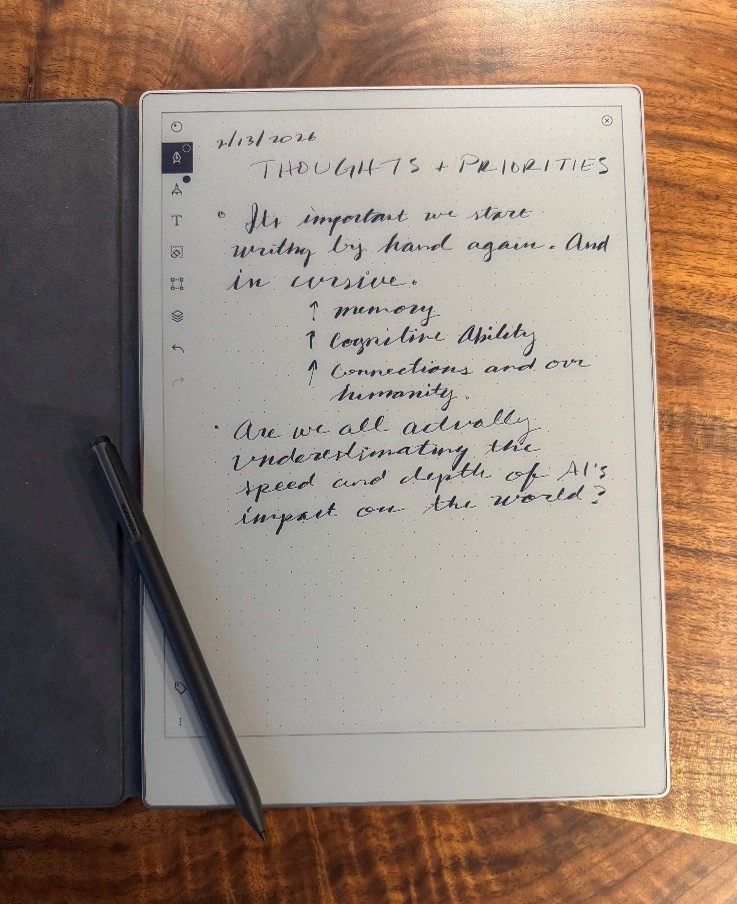The Games of the XXXIII Olympiad have officially come to an end. Paris 2024 gave us two weeks of riveting competition, inspiring stories, and a much needed, uplifting two week pause from divisive political landscapes and negative news cycles. (Don’t worry we still had eyes on the markets as they have been quite turbulent as of late!). It also reintroduced the world to the splendor of the City of Lights and Love by overlaying temporary stadiums on top of historic attractions. My personal favorite was the beach volleyball venue under the Eiffel Tower.

Now, the challenge for many Olympians not named Lebron and Steph is how to expand their careers and sport in the time between Olympic years. Another challenge they face is how to emotionally cope with the ending of the Games, the culmination of years of hard work and dedication and a spotlight that comes quickly and departs even quicker. Post-Olympic depression for athletes and coaches (and spectators!) is real.
Athletes and fans alike may not be able to bottle up the experiences forever, but we are able to learn from them. One of the most impressive qualities that most Olympians possess is a mindset that can block out hundreds of distractions, focus on the task at hand, and perform under enormous amounts of pressure. I was reminded of this while in Paris watching my old teammates and brother compete. Village life, family, friends, tickets, social media, NBC responsibilities: all distractions. And each subsequent Olympics will continue to challenge its athletes, as social media, access, visibility, and the resulting pressures ratchet up over time. So how do they do it? How do they deliver high performance in this type of stressful environment? This is a broad question with many right answers, but it starts with how they interpret pressure and stress. They think differently.
I periodically would text my brother Erik in the days leading up to his first match in Paris to ask him how he was feeling, “Are you nervous?” His response, “Just excited to get going.” If you watched press conferences of other athletes, same answers to the same questions. Of course there are nerves, but Olympic athletes generally frame pressure as a challenge rather than a threat. They don’t fear pressure, they embrace it as an opportunity to perform, learn, and grow.
Can we do the same in our everyday lives? Can we think better? Can we perform better? Sure, there are years of physical, psychological, and emotional preparation that allows Olympians to be able to confidently embrace this type of mindset, but we are often well prepared for our own daily challenges as well. Maybe a slight reframing of how we think about stress and how we face challenge is all we need:
- We can be confident because of the work and preparation that we put into our own tasks and hobbies.
- Challenges are opportunities to perform, learn, and grow; not problems to fear.
- This moment is just one event, one opportunity in a long life. Keep perspective.
À suivre! (To be continued!)



